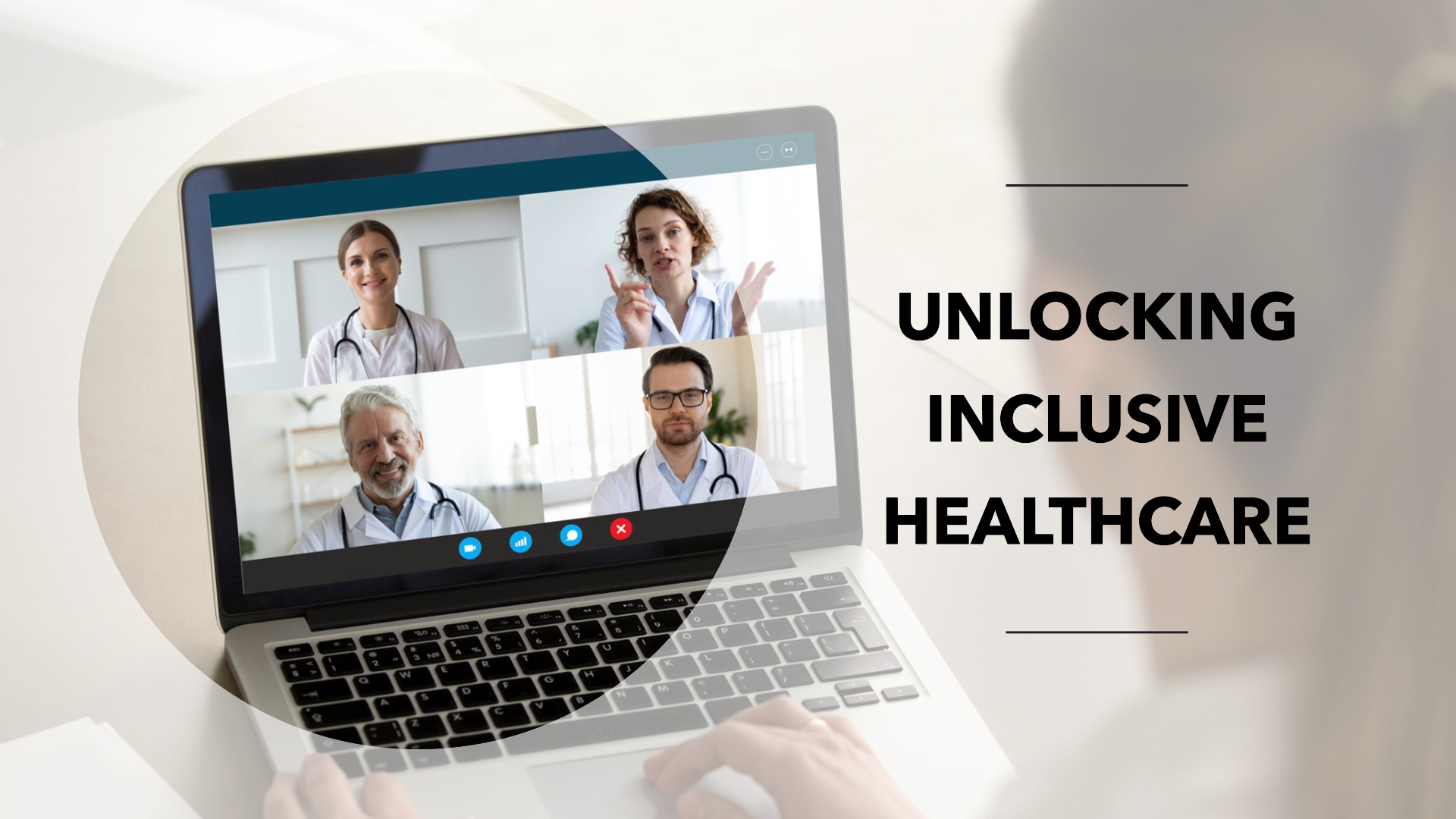In the years to come, big health data will continue to develop along all of these lines, each supporting the growth, development, and implementation of big health data solutions.
These developments have already allowed healthcare organizations to process more claims and payments more quickly, resulting in higher revenues and profits—all while reducing the frustration facing both administrators and patients who are dealing with a complex system that is constantly changing.
From these developments have sprung many changes, many of which will likely reshape the way healthcare organizations do business in the future. All things considered, it is easy to see why big health data has become a priority for healthcare organizations.
As the world’s population ages, more and more people are looking for ways to improve their health. This demand has led to a bonanza of big data in healthcare. But when it comes to extracting useful information from this data, things are not as simple as they seem.
There are many legal hurdles and complexities that need to be overcome before any meaningful insights can be gleaned. In this article, we’ll take a look at some of the most important factors that need to be considered when extracting big health data from healthcare institutions—and how they might impact the healthcare industry as a whole.
What is Big Data
Big data is a term used to describe the large and growing body of data that can be used to help healthcare providers diagnose, treat, and prevent diseases.
Big data is composed of large pieces of data that are organized into specific, meaningful buckets. For example, a healthcare provider could use big data to understand how people respond to different types of treatments and therapies.
By understanding these treatment effects, healthcare providers could develop more effective treatments for patients and reduce the number of referrals needed.
What Does Big Data Mean for the Healthcare Industry?
The implications of big data for the healthcare industry are vast and include everything from better patient care to increased efficiency and cost savings.
In addition, big data has the potential to change the way we provide care by allowing us to study humans in their natural environment – giving us a deeper understanding of what makes them sick and how we can help them recover from illness or injury.
Healthcare is big data’s new frontier, and it is set to redefine the industry as we know it. The blockchain and AI are two technologies that will have a huge impact on the future of healthcare.
By innovating in such a way, healthcare companies can make processes faster, simpler and more efficient for consumers, resulting in better access to information and treatments.
What is the Health Industry dependent on Big Data
Big data is changing the healthcare industry in many ways. For example, it is helping to create smarter and more efficient medical practices, which in turn saves money on staff and patient care. Additionally, big data is making it easier for providers to track patients’ health status and monitor their treatments.
Big data has the potential to impact healthcare in a number of ways. For example, it could help improve the accuracy of diagnoses and treatments, reduce costs associated with clinical trials, or predict the success rates of medical interventions. In addition, big data could help identify new opportunities for health care systems across the world.
By using this information, hospitals and other healthcare providers could make better decisions about where to invest their time and money.
What is Big Health Data?
Big Health Data is a term used to describe the collection of electronic health records, coupled with patient-generated health data.
Big Health Data is the next frontier in healthcare. Big Data has changed so many aspects of the business world. The consumer and marketing end has seen vast changes due to data analytics. Healthcare is just starting to dive into this massive pool of information on individuals and their ailments and hopes for treatment.
But some believers think that Big Health Data will revolutionize the medical community.
Big Health Data allows for an unprecedented level of interpretation. However it also requires a change of mindset on the part of both data consumers and producers. The many ways to collect, reproduce and reuse this data should be guided by principles such as data reusability, privacy and trustworthiness.
What are the Benefits of Big Health Data
Big data can be used to improve healthcare by understanding patient data and using that information to make better decisions about treatment and care. Healthcare providers can use big data to identify problems early and prevent them from becoming larger problems, which could lead to longer-term damage.
Big Data can have a significant impact on healthcare. It can help to improve patient care and increase efficiency. It can also help to understand the customer experience and to predict the behavior of customers. Big data can be used to develop risk profiles for customers and to create personalized patient care.
By understanding and exploiting the power of big data, healthcare providers can make better decisions for their patients and maintain high levels of quality assurance.
The Big Health Data Revolution
Health data is the lifeblood of contemporary health care. But it’s often difficult to get your hands on the information you need to make informed decisions. That’s where big data comes in—a giant pool of data that can be used to streamline processes and improve patient care. But how do you use big data effectively? And what are the best ways to collect and analyze health data? Here, we give you a guide to success with big data…
Big health data can be used to improve patient care. By collecting and analyzing health data, hospitals and other healthcare providers can better understand their patients’ medical conditions and treatments.
This information can then be used to provide more customized care for each individual patient. In addition, by tracking health data, businesses and organizations can also better understand their customers’ behavior, trends, and needs.
By using big health data in the right way, you can improve patient care and save money on hospital costs. To use health data effectively, start by collecting all the relevant information needed to answer your questions about a patient’s condition or treatment.
Then use that information to develop personalized care plans for each individual patient. Finally, track how well these plans are working so you can make changes if necessary.
The big health data revolution is already resulting in big improvements in Patient Care and Savings for Hospitals around the world
The Big Data Revolution is Here and Its Time to Start Collecting Health Records
The big data revolution is a term often used to describe the growing trend of collecting health records from various sources. This includes everything from personal medical histories to social media information. The idea is that by gathering this data, we can better understand how people are interacting with one another and make better decisions about health care.
One way to collect health records is to use a data collection method. This could include using surveys, interviews, or other forms of data gathering.
To collect health records with a data analysis method, you would need to use tools like machine learning and artificial intelligence to analyze and process the data collected. And finally, you would need to manage the collected data so that it can be used for effective communication and decision-making.
The Big Data Revolution is a time of great change in the world of business. By gathering data and analyzing it, businesses can better understand their customers and products. This information can help them make better decisions and reach their targets more efficiently.
Collecting health records with big data is one way to start collecting this data, but there are many other ways to collect data for business purposes. By learning about the different data collection methods and how they can be used for your business, you will be able to make informed decisions about how to collect health records with big data.
Big Health Data: What It Means for the Healthcare Industry
Whether it’s stemming from individuals becoming more educated about their own health, or from healthcare providers having a surplus of collected data to work with, it seems the timing couldn’t be better for Big Health Data.
The possibilities and benefits are apparent, and the opportunities exciting. It’s just a matter of time before healthcare providers have to start leaning in a new direction as patient needs call for more access to this data. If you’re looking to get in on the ground floor of this movement, here are some things to keep in mind.
Big health data allows big data analysis, which has proven to be beneficial in many fields. Health is an important part of our lives that deserves protection and attentive management. Big data analysis helps medical professionals make more educated decisions, keeping them up to date while maintaining privacy.
As technology progresses, we can expect big health data to have a greater impact on healthcare in the future.
Contact us for more relevant details. Check our YouTube Channel, Digital Health & Wearables Series. To find out more about how we can help you with your Digital Healthcare Transformation, Healthcare organizational growth, or Healthcare brand positioning, please get in touch via phone +44 (0) 203 3620421 or via e-mail: info@digitalsalutem.com





